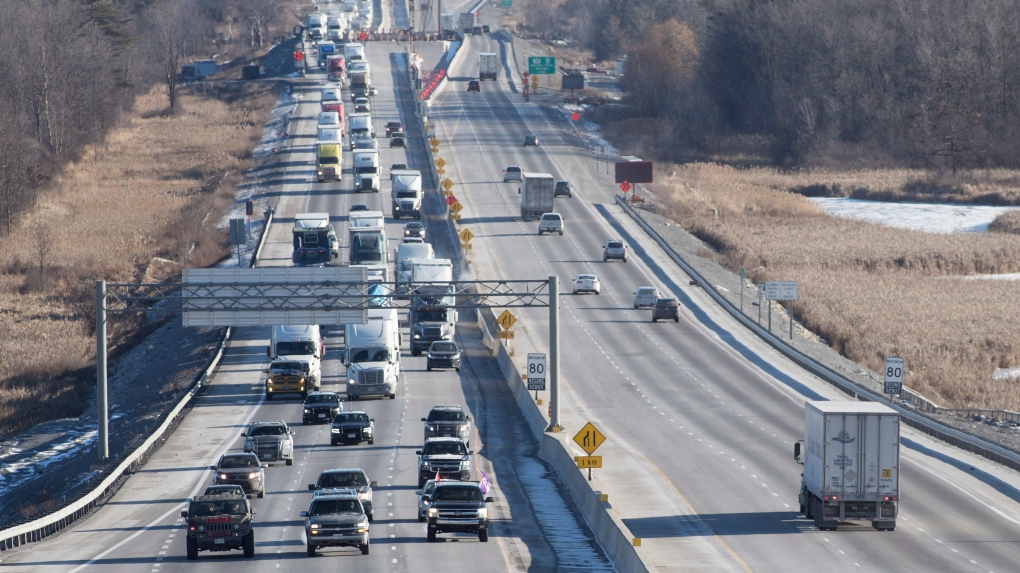Canada to announce all new cars must be zero emissions by 2035::Canada expects to announce this week that all new cars will have to be zero emissions by 2035, a senior government source said, as Ottawa is set to unveil new regulations in the latest example of countries around the world pushing for electrification.



I’d be curious to see electric car range in fort mac’s winter temps.
EV performance in -40C is something nobody talks about but I’m extremely interested in.
There have been lots of videos of Teslas leaving a heated garage then flying around a snowy track in Norway, but that’s much different than getting in a car that’s soaked in the cold all night, driving it to work, then driving home after it sits all day. Or even better, taking that same cold soaked car and driving to the next city 13 hours away with only one or two places to stop along the way.
American here. Even in some northern US states we see - 20F in the winter.
I currently live where winter includes below freezing all the time, with temps approaching 0F frequently. I have friends with EVs, who can’t use their resistive heat (worst way to use battery power) in the winter or they can’t get to work and back, so they conserve power for window defrosting only.
We’re a long way from EV being viable. Wish people would admit that so we can have a proper conversation about it.
How far? 11 years of constant development driven by consumer demand and laws like this?
Huh, I assumed they pretty much all had heat pumps now. Tesla introduced that several years ago and it made a huge difference, so I’d expect others to have followed.
I live in Northeast US so it doesn’t get that cold, but I can leave my car plugged in and set a schedule so it is all warmed up, when I’m ready to use. No battery. No effect on range
I built a cattle water pumping system this year with Lifepo4 batteries instead of lead acid. It was awesome all summer, never had a problem with the batteries losing charge or getting too hot to work. But as soon as the temps started to hit 0, the builtin heater started to work in order to prevent battery damage (LFP batteries need to be above 0 for charging) when there was enough solar to charge. That battery drain absolutely floored the system and after the nights started getting to -5 or so, it was completely drained between the heater draw and the lower output efficiency.
Cold is the enemy of high performance batteries, and LA batteries aren’t a possiblity in EVs.
I imagine at -40°C, ICE cars also need heat or a garage
I can only speak for Tesla, but if you have it plugged in overnight, you can schedule the battery and interior to come up to temperature by the time specified - you’ll be leaving on the trip with warm battery, warm interior, and a full charge
Interesting thing about gasoline engines, they become more and less efficient when the temperature drops.
They become more efficient because the air being brought into the engine is denser and cooler which is better, but they become less efficient because rubber parts become stiffer, lubricant becomes harder to move, and overall everything is tougher to deal with.
One result is that if you drive long ranges in -40C, your fuel economy is relatively similar to what it would be in warmer weather. You can blast the heat and your vehicle is toasty warm since it’s just moving waste heat around. I’ve done such drives many times since resources are not where people tend to be.
As you approach -40 you’ll probably want to have your block heater plugged in overnight on a gasoline engine, but generally speaking you can get pretty cold and have the motor turn over just fine. I drove a diesel for a while in the far north and going back to a (really crappy) gas engine was surprising for how easy it was to just get up and go in really cold weather.